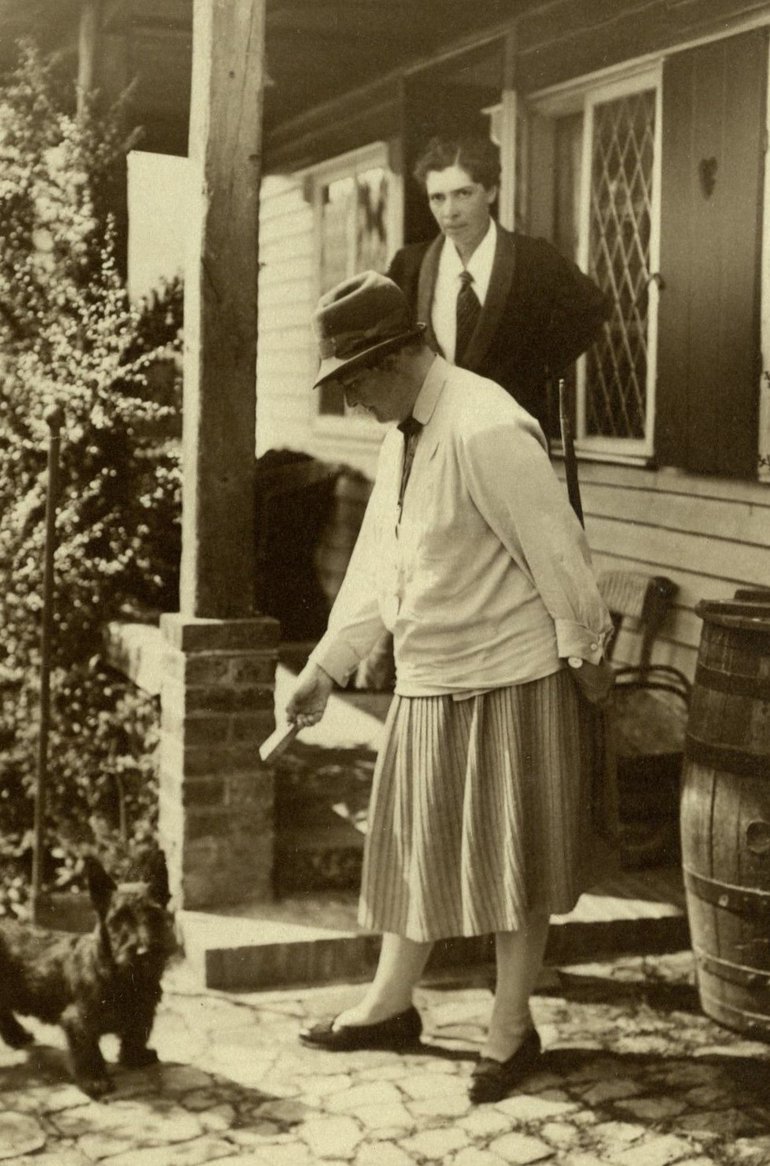OUTing the Past is an international celebration of LGBT+ history that takes place throughout the year, and across the world. In the UK, events most often take place during February (LGBT History Month UK) and culminate in a Conference and Gathering.
William Shakespeare is one of the four ‘faces’ of this year's festival and to celebrate, we had the honour of hosting a series of short talks exploring LGBT+ history in relation to Shakespeare, play writing, and the museum industry at the Shakespeare Centre here in Stratford-upon-Avon.

We welcomed Dan Vo, a museum queer heritage consultant and freelancer who founded the award-winning volunteer-led LGBTQ+ tours at the Victoria and Albert museum in 2015. Dan discussed the evidence of queer lives that exist across place, time and culture. In some cases it may have been hidden, and in others perhaps overlooked, but applying the queer lens to any museum collection can yield rich returns for those who choose to look between the lines and in the margins.
Cheryl Morgan looked at the literary figure of "Sardanapulus" in ancient texts, archaeology, and Lord Byron's play of the same name to show how our ideas of what makes a "real man" have changed down the centuries, and the different cultural and personal attitudes that exist towards same-sex relationships and effeminacy.
Jane Traies explored the story of Caroline Spurgeon, a leading Shakespeare scholar of the 20th century, who was the first woman in the UK to become a Professor of English Literature.

We considered the relationship between archives and queer history with Jessica Heath, using the work undertaken as part of her placement for archive studies. Trudy Howson, LGBT Poet Laureate 2016-19, then treated us to a reading of her work. Trudy talked about what it means to her to be LGBT Poet Laureate and shared her poetic inspirations with us.
In our closing event, Paul Edmondson was joined by author Luke Turner in a discussion about the bisexual voices of Shakespeare's sonnets. Ever dazzling and intense, and resonating as deeply personal poems, Shakespeare’s Sonnets nevertheless seem trapped by long-held critical and narrative assumptions. Paul and Luke considered how we might instead recognise the poems’ many-sided genders and sexualities, to set them free in our time and culture and reclaim the bisexual experience from the past and how we write about it today.
During the day, we were pleased to display items from the Shakespeare Birthplace Trust’s museum, library and archives that relate to LGBT+ history. We also shared copies of a new Proud Shakespeare research guide, which collates these items as a reference for researchers.
